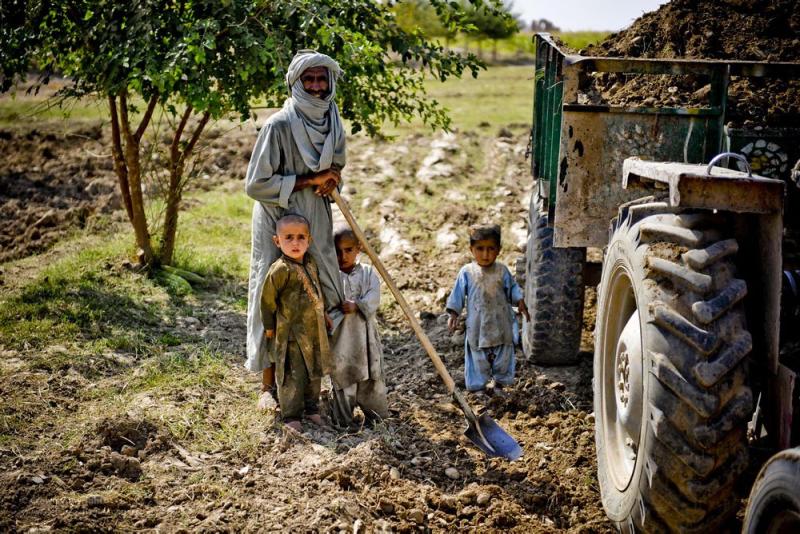What does it mean to take context seriously for rural differentiation? Lessons from Afghanistan
This policy brief looks at how aid practitioners in Afghanistan assumed a high degree of uniformity in the rural economy that does not exist, to the detriment of development interventions.
From 2001 to 2021, the development vision for Afghanistan was based on a market-driven transformation of agriculture. Billions of dollars were spent with little success, and with even fewer benefits being enjoyed by the poor and those who were food insecure. A significant reason for this failure is that a single model was used of how the rural economy works, leading to national programmes that were inappropriate for most of the population. There was an unwillingness to consider the huge diversity in local economies, in households within those economies, or in individuals in extended family households.
This brief looks at rural differentiation within Afghanistan and how engaging with this context might have changed the focus or scope of aid interventions. It is part of a series on the importance of taking context seriously in aid programming.
